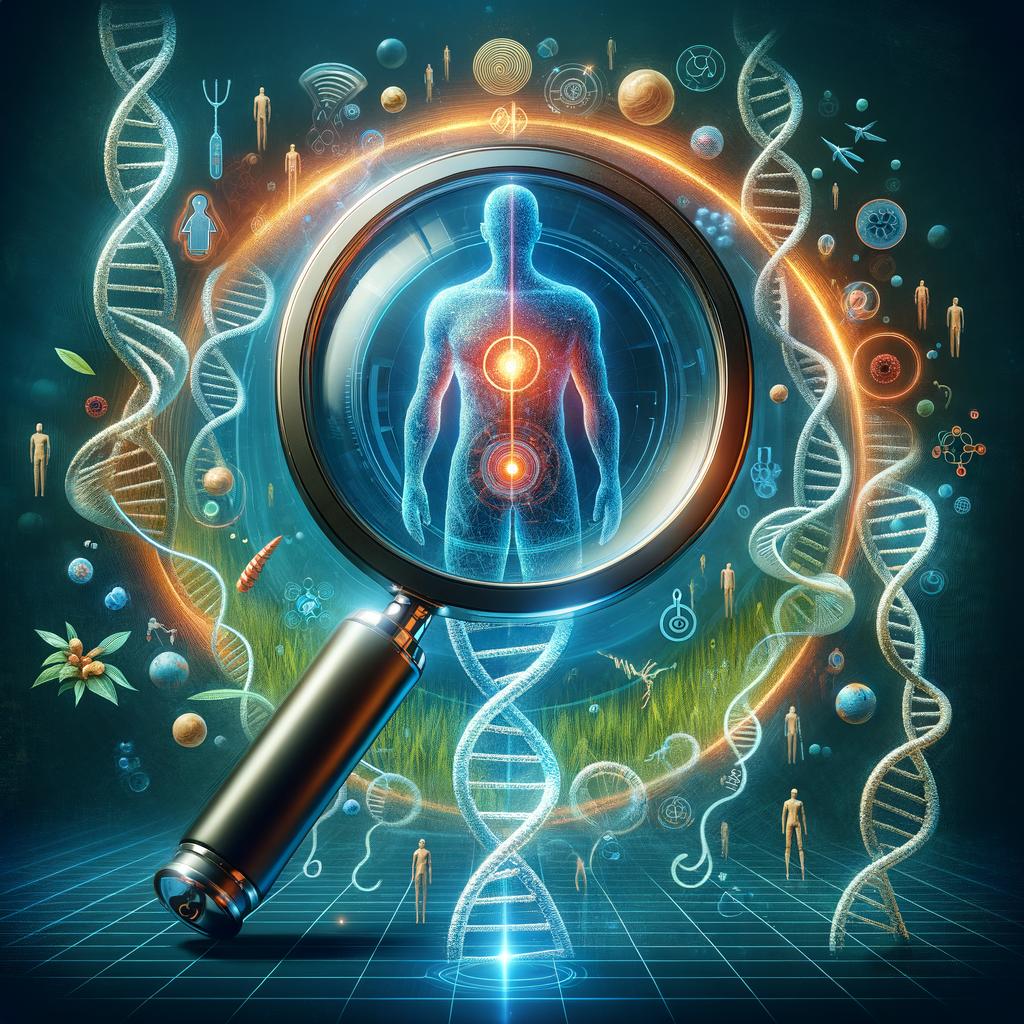An Introduction to the Importance of Catching Prostate Cancer
“Alas, it asks a puzzling question, ‘How do you catch prostate cancer?’ No, not in the sense of contagion, but detection,” you may ponder. The essence captures the underpinning idea of timely identification of this stealthy adversary – prostate cancer.
Catching prostate cancer refers to the identification and diagnosis methods, involving a well-detailed mapping of symptoms and relevant tests such as PSA blood tests and biopsies. Throughout this piece, we will intimate you with the signs masquerading as mischief, the medical consultations that explore the forefront of your health, and the more expansive investigative processes. This article is meant to illuminate the path to awareness, early detection, and thereby, a healthier tomorrow.
Unweaving the Tapestry of Symptoms
Prostate cancer, akin to a crafty trickster, often prefers stealth and subtlety over grand announcements. Consequently, recognizing its existence requires vigilant probing.
Prostate Cancer: Exhibit A
The early onset of this ailment often masquerades as slight urinary problems. The gentleman’s call of nature may become more frequent, especially during the graveyard hours.
The Finer Nuances of Prostate Symptoms
As the disease advances, these subtle signs may morph into visible red flags, such as inconvenient urinary incontinence or blood mingling with your urine or semen. Erosion of performance in the boudoir can also be counted as a stark message from the body.
The More Ominous Symptoms
Ascension of prostate cancer to its more advanced stages often manifests through more alarming symptoms, such as pain or stiffness originating from the lower back, hips, or thighs.
Medical Consultations: The Early Bird’s Venture
Getting a consultation early on is a no-brainer. And, just like a fine watchmaker who delves into the inner workings of his masterpiece, a doctor diligently investigates your symptoms, informing you whether you are a sitting duck for prostate cancer or not.
The Inquisition: Tests and More
Probing deeper into the medical consultation, the doctor might recommend PSA blood tests or even a biopsy. Keep in mind though, the conclusive diagnosis depends on the results of these investigative forays.
Unraveling the Deeper Realms of Diagnosis
The path to detection doesn’t halt at consultations. Digging further into the diagnostic methods, digital rectal exams might make an appearance, quickly followed by prostate ultrasounds and MRI scans. So brace yourself for an itinerary that focuses on meticulous scrutiny.
The Advanced Measures
If initial testing indicates trouble brewing, your healthcare provider might follow it up with a transrectal biopsy or recommend some advanced medical imaging for a closer peek into what’s going on.
A Conclusion: The Importance of Staying Ahead
The road to catching prostate cancer is a relentless pursuit of vigilance, awareness, and timely medical action. While the symptoms stealthily creep in, your observations and medical consultations are the powerful flashlight that reveal the hiding malignant cells. Therefore, in the pursuit of health and longevity, let’s remind ourselves yet again– early detection is the best protection!
Frequently Asked Questions
1. Does urinary frequency always imply prostate cancer?
No, urinary frequency could signify multiple health issues including an enlarged prostate, urinary tract infections or diabetes, among others. It’s crucial to consult a healthcare professional for accurate diagnosis.
2. What is a PSA test and how is it related to prostate cancer?
A PSA test measures the level of Prostate Specific Antigen in your blood. Higher levels could indicate prostate infection, inflammation, enlargement or cancer.
3. Can someone without any symptoms get prostate cancer?
Yes, many men do not exhibit any symptoms in the early stages of prostate cancer. Regular check-ups and being aware of your body are advised.
4. How is a prostate biopsy done?
A prostate biopsy is performed transrectally, where tissue samples are collected from the prostate and examined for cancerous cells.
5. What lifestyle changes can help prevent prostate cancer?
Maintaining a balanced diet, regular exercise, and avoidance of tobacco and alcohol can help reduce the risk of prostate cancer.


